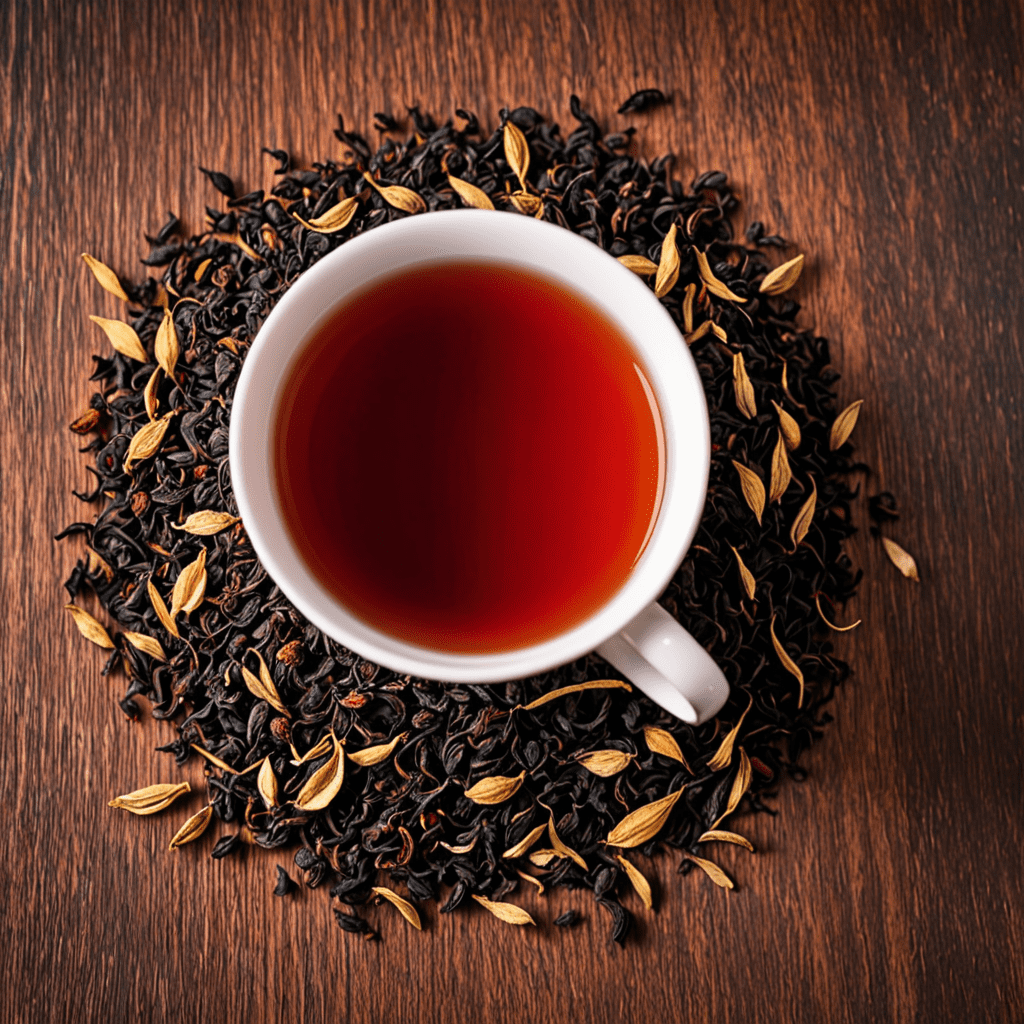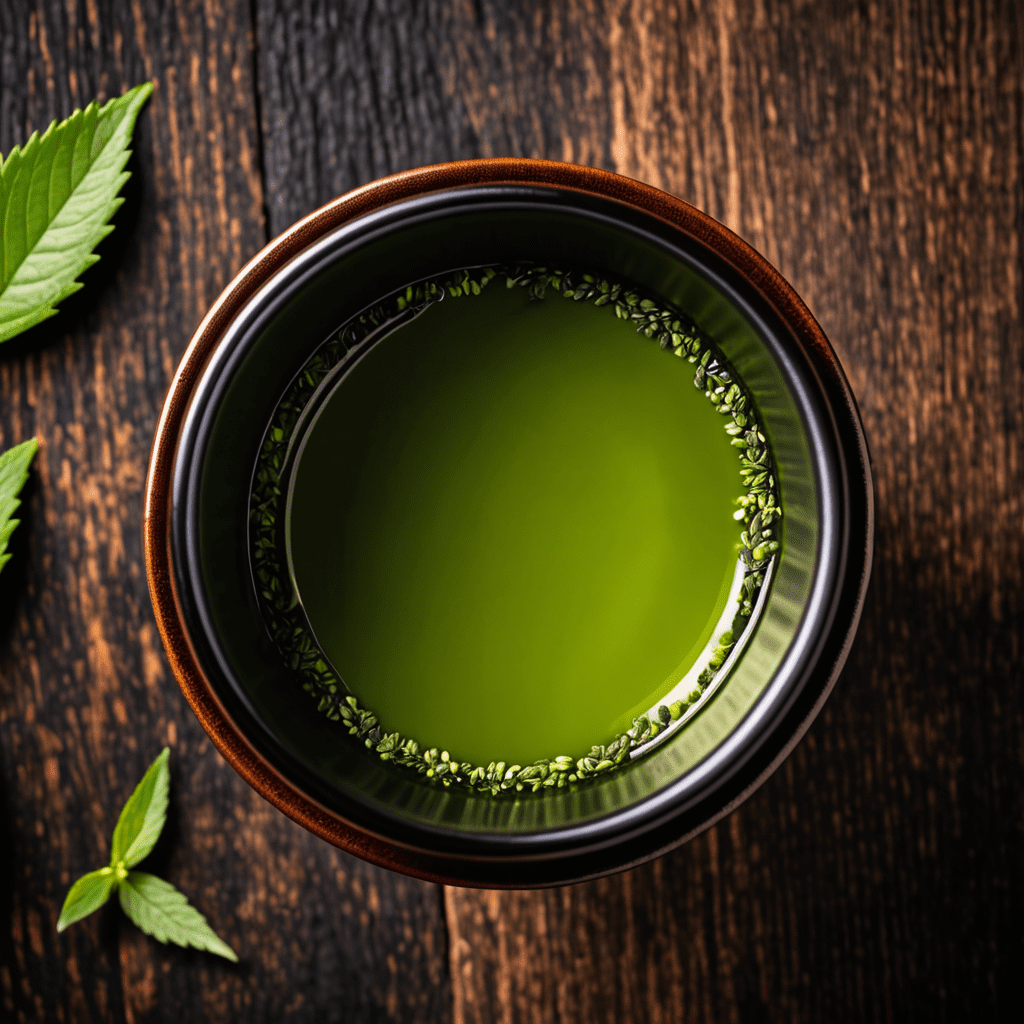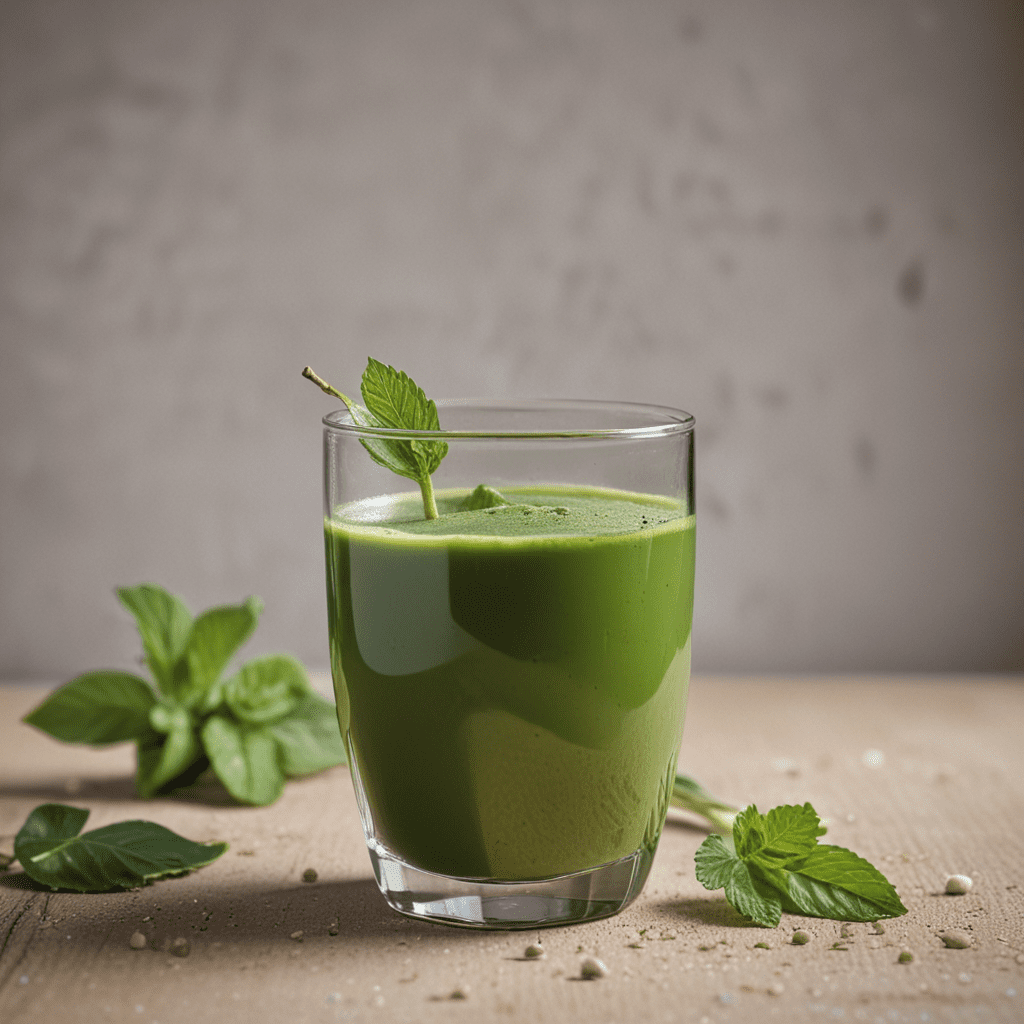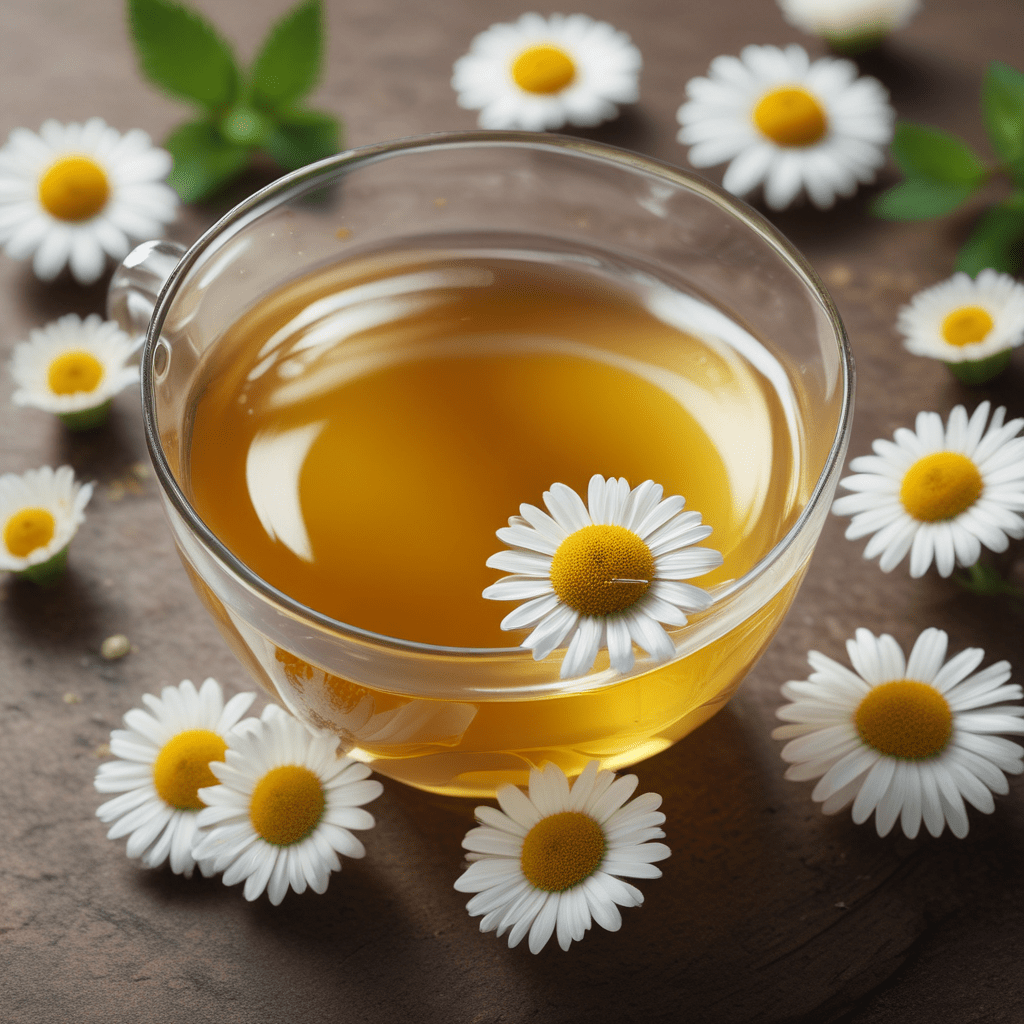Discover the Healing Powers of Black Tea for Illness Management
Introduction
When feeling under the weather, finding relief can sometimes be challenging. While there are many remedies out there, black tea is often recommended as a soothing beverage that may provide some relief when you’re sick. In this article, we will explore the potential benefits of black tea for managing illness and answer some common questions related to its consumption.
1. Understanding Black Tea
Before delving into its potential benefits, let’s first understand what black tea is. Black tea is a type of tea that is more oxidized than green, white, or oolong tea. It is made from the leaves of the Camellia sinensis plant, which undergo a fermentation process, resulting in its dark color and robust flavor.
2. Boosting Immunity
One of the key reasons black tea is often considered beneficial when sick is its potential to boost the immune system. Black tea contains compounds called catechins, which have antioxidant properties and may help strengthen the immune system, potentially aiding in fighting off infections.
3. Soothing Sore Throats
Another common symptom when dealing with an illness is a sore throat. Black tea, especially when combined with honey, lemon, or ginger, can provide relief by soothing the throat. The warm liquid can help alleviate discomfort and potentially reduce inflammation.
4. Relieving Congestion
During colds or respiratory infections, congestion can be a major source of discomfort. Black tea contains natural compounds known as theophyllines, which can help relax the muscles in the airways, potentially providing relief from congestion and making breathing easier.
5. Hydration and Comfort
Staying hydrated is crucial when sick, as it helps thin out mucus, soothes dryness, and aids in overall recovery. Black tea can be a comforting option to increase fluid intake while battling illness. Although black tea does contain caffeine, the amount is generally lower than in coffee, making it a suitable choice for hydration without excessive stimulation.
6. Managing Digestive Issues
When dealing with an upset stomach or digestive issues during sickness, black tea can be a gentle remedy. Its tannin content may have a calming effect on the digestive system, potentially reducing nausea, cramps, and bloating.
FAQs
1. Can I drink black tea if I have a fever?
It is generally safe to consume black tea when you have a fever. However, it’s important to consider your overall condition and listen to your body. If you find that drinking black tea worsens any symptoms or makes you feel more uncomfortable, it may be best to consult a healthcare professional.
2. How many cups of black tea should I drink when sick?
There is no specific recommended amount of black tea to consume when sick. It’s best to listen to your body and drink in moderation. Aim to stay hydrated throughout the day by incorporating black tea into your overall fluid intake.
3. Are there any potential side effects of drinking black tea when sick?
While black tea is generally safe for consumption, it does contain caffeine, which can have stimulating effects. If you are sensitive to caffeine or find that it affects your sleep or exacerbates any symptoms, you may want to opt for decaffeinated black tea or limit your intake.
4. Can I drink black tea with medications?
If you are taking any medications, it’s always a good idea to consult with your healthcare provider before adding black tea to your routine. Some medications can interact with certain compounds found in tea, potentially affecting absorption or efficacy.
5. Is it safe for children to drink black tea when sick?
Black tea is generally safe for children to consume in moderation. However, it’s important to consider their age, any underlying health conditions, and their tolerance to caffeine. It may be best to consult with a pediatrician before giving black tea to children.
6. Are there any alternatives to black tea for managing illness?
If you’re not a fan of black tea or are looking for alternative options, there are other herbal teas that may offer similar benefits. Some popular choices include chamomile tea, ginger tea, and peppermint tea, which are known for their soothing properties.



